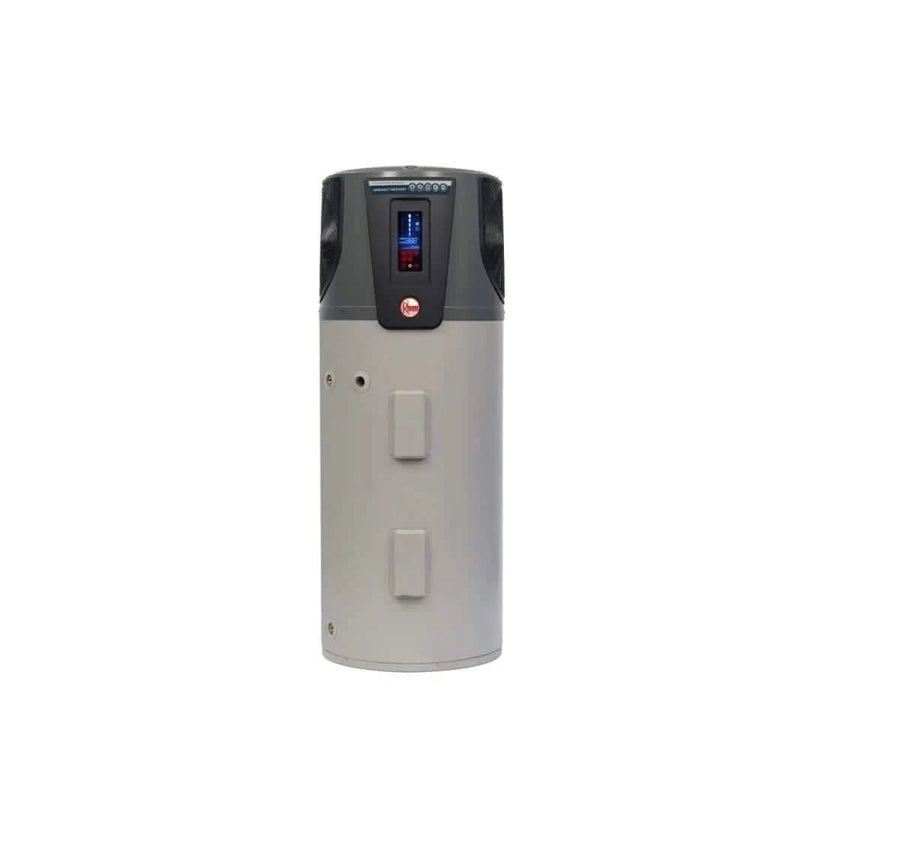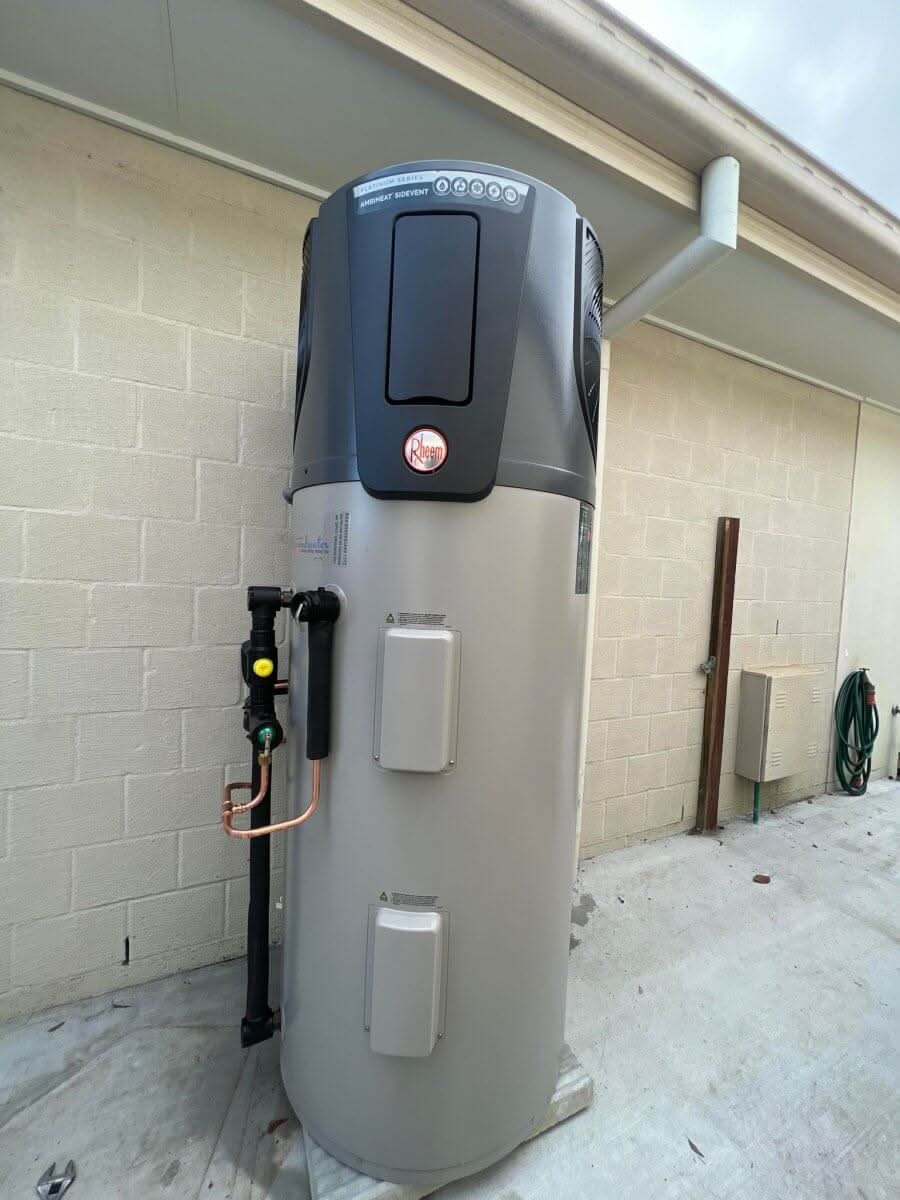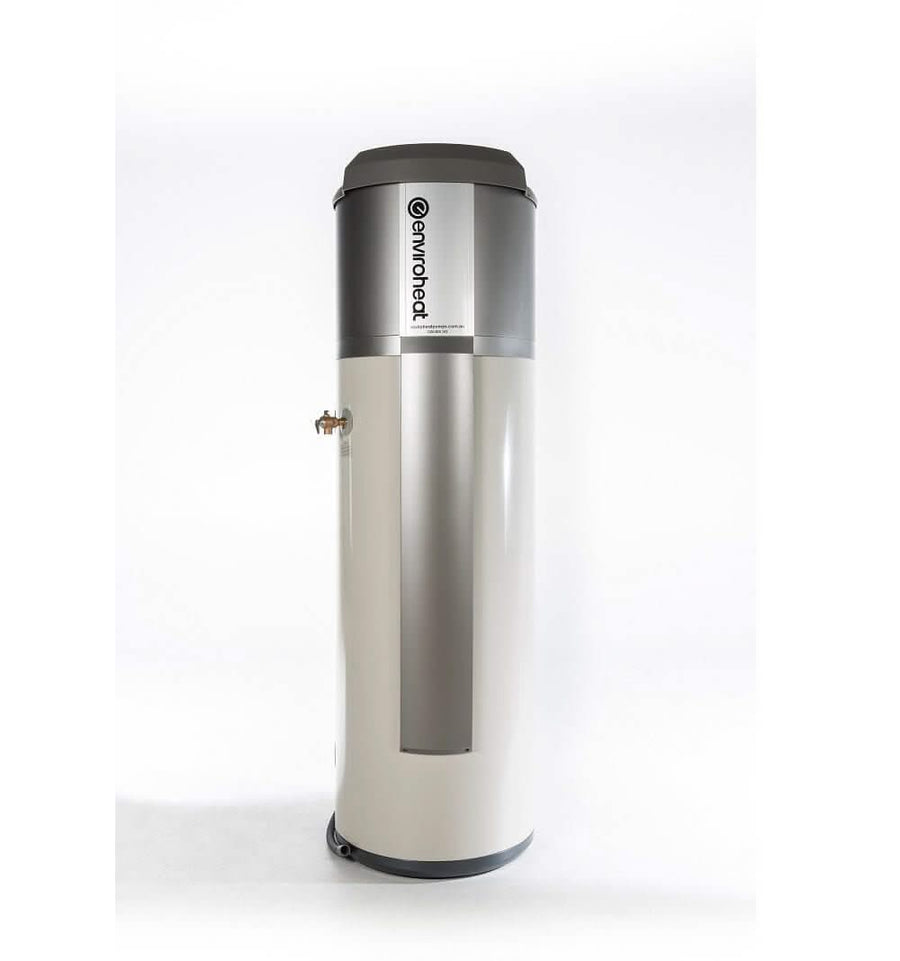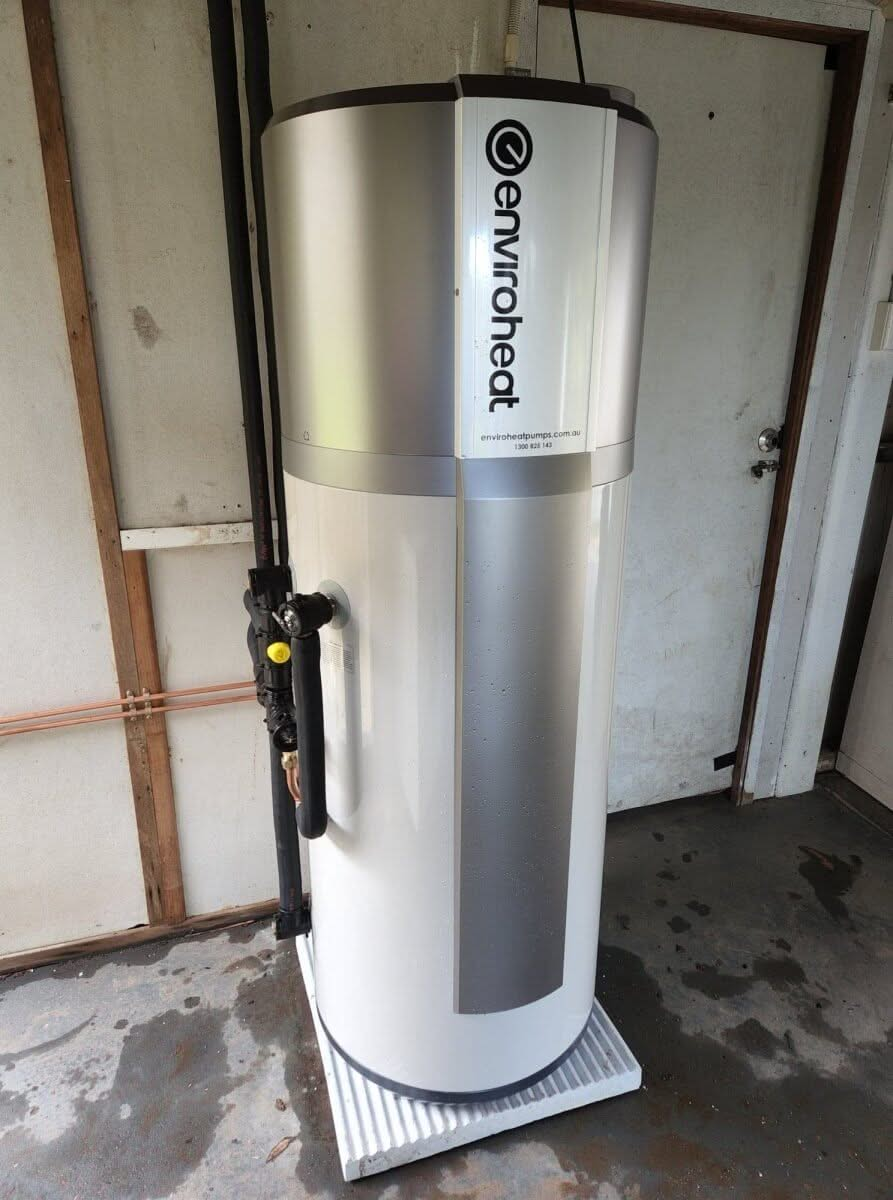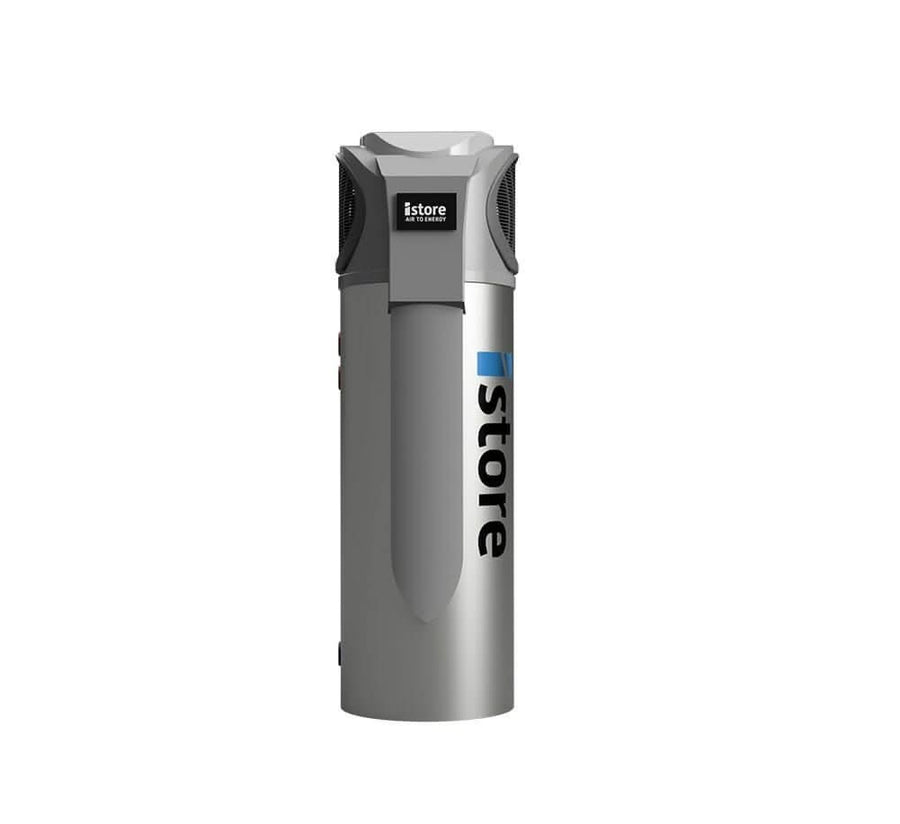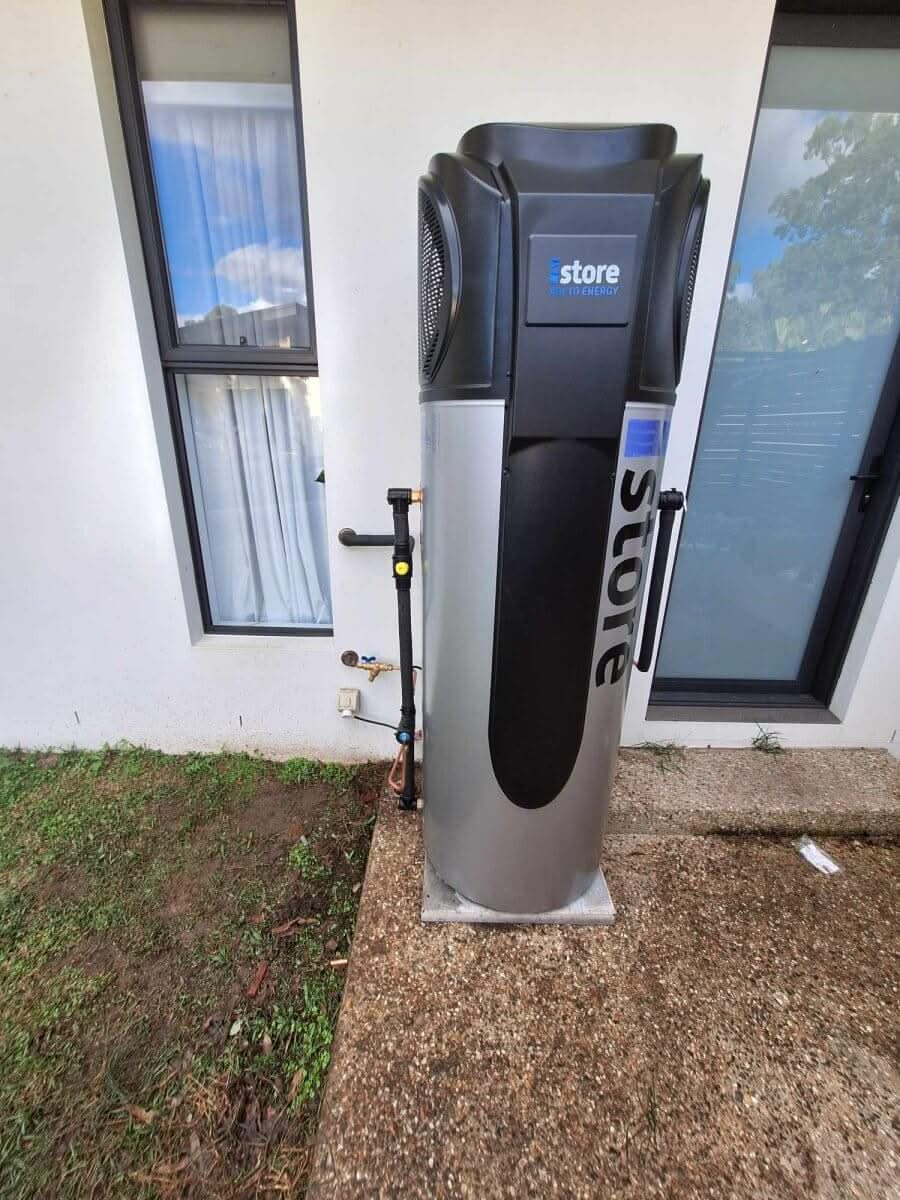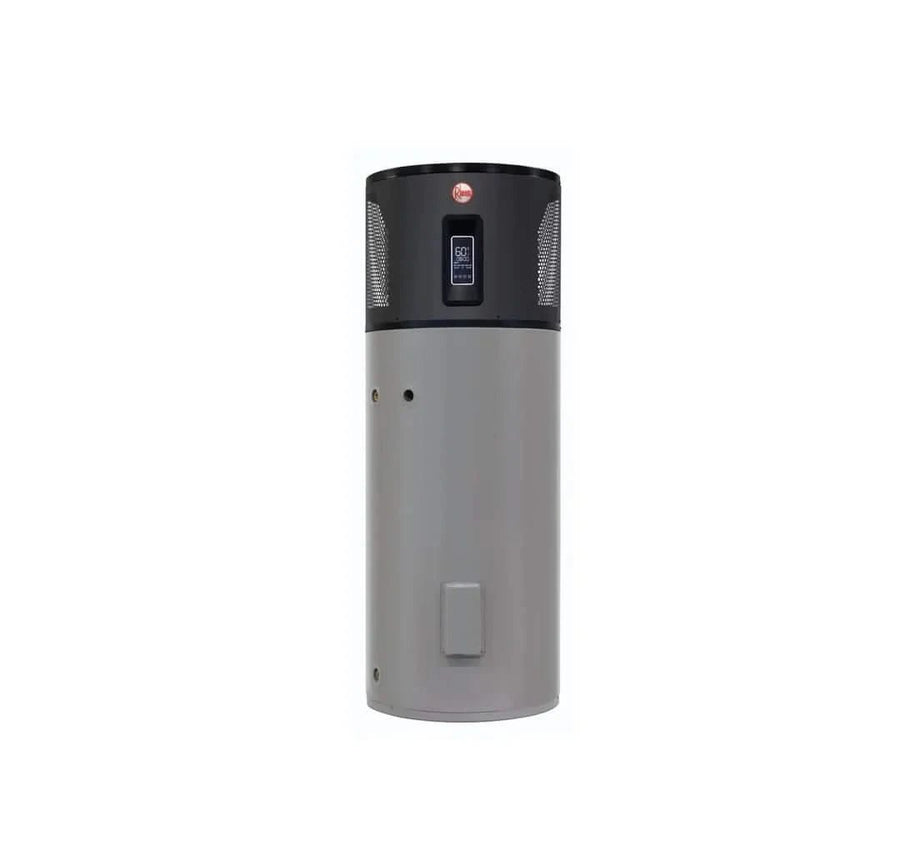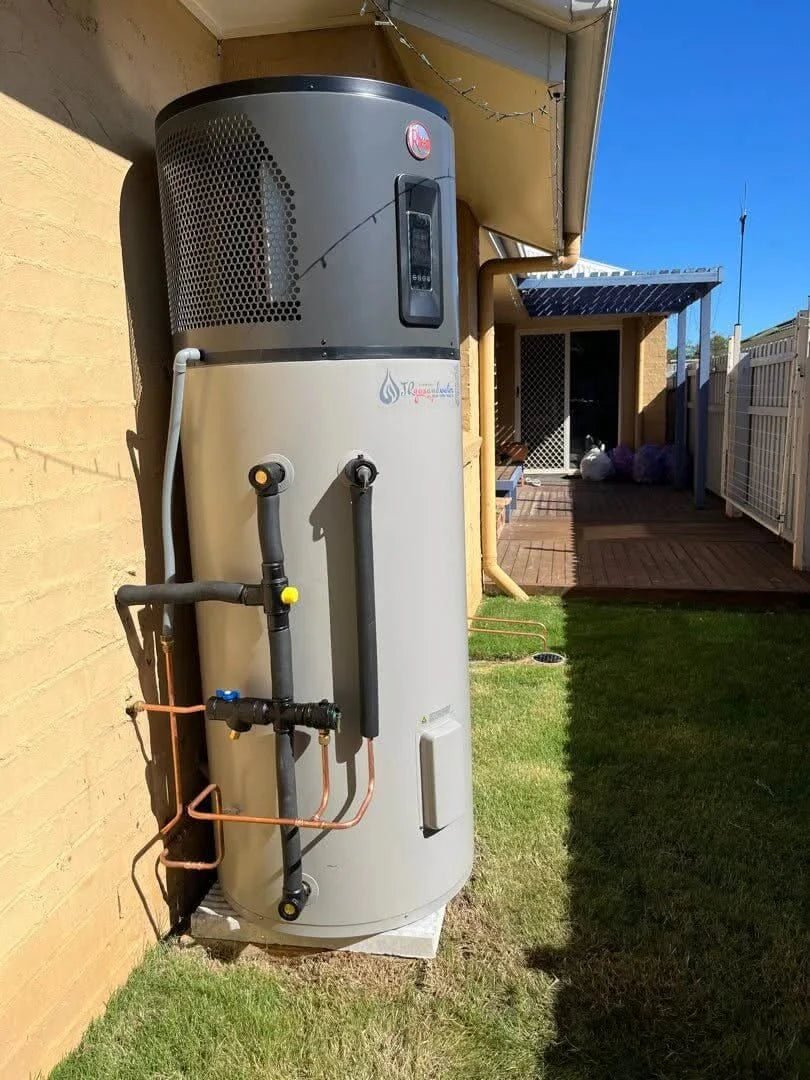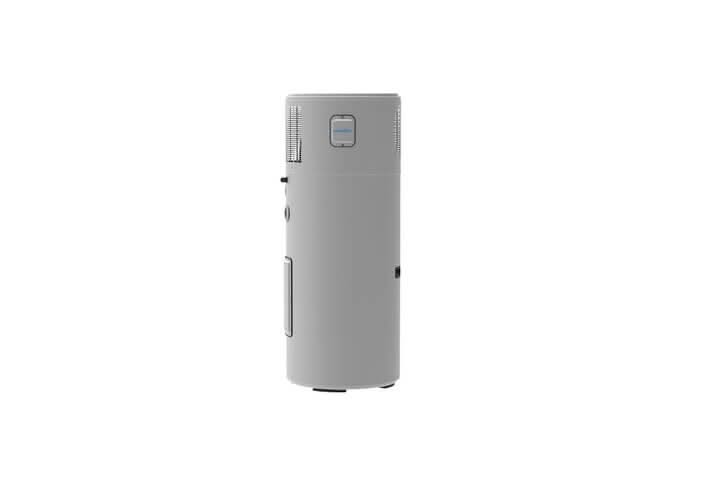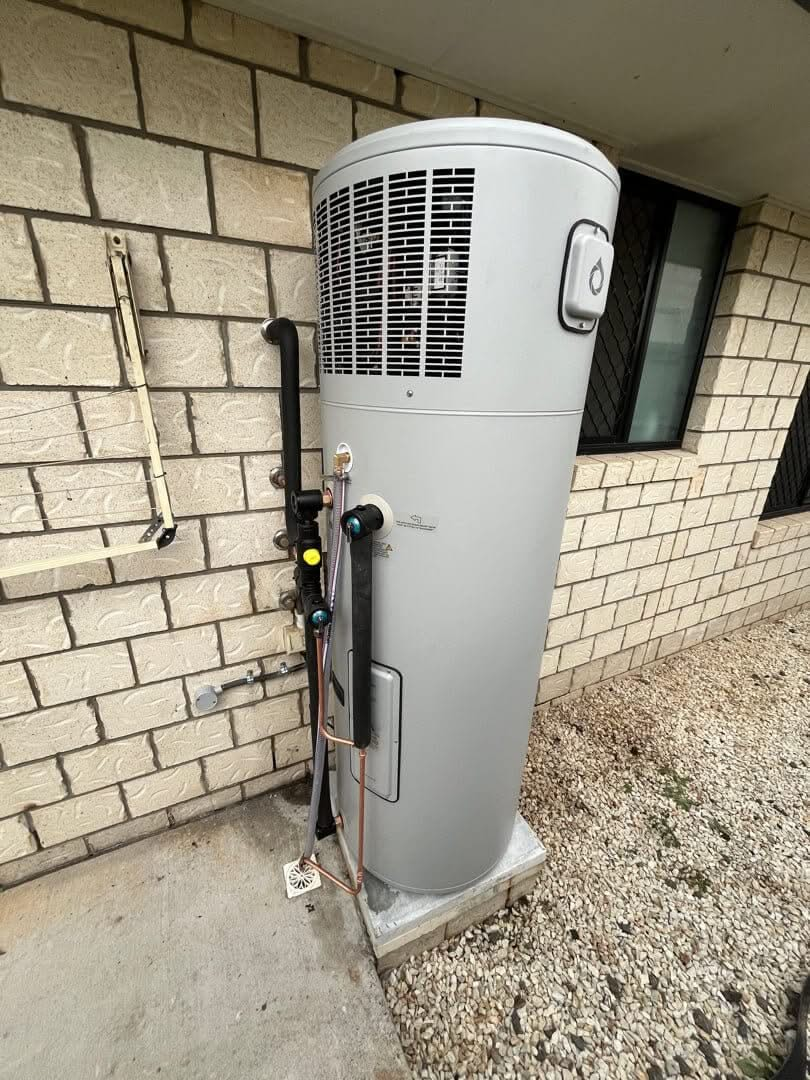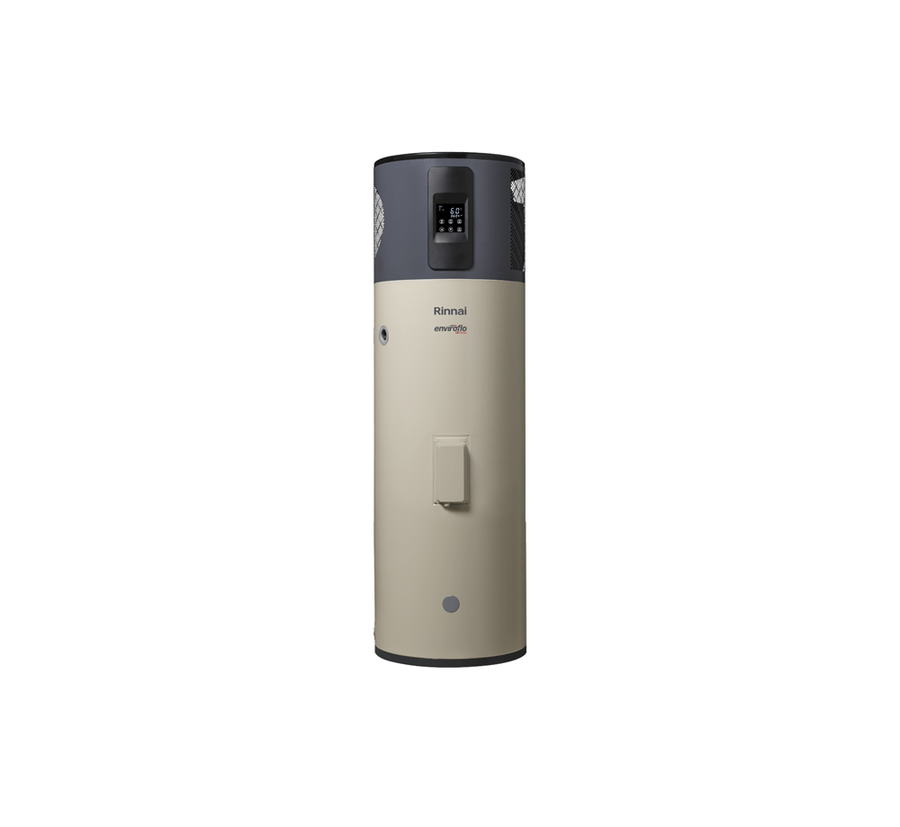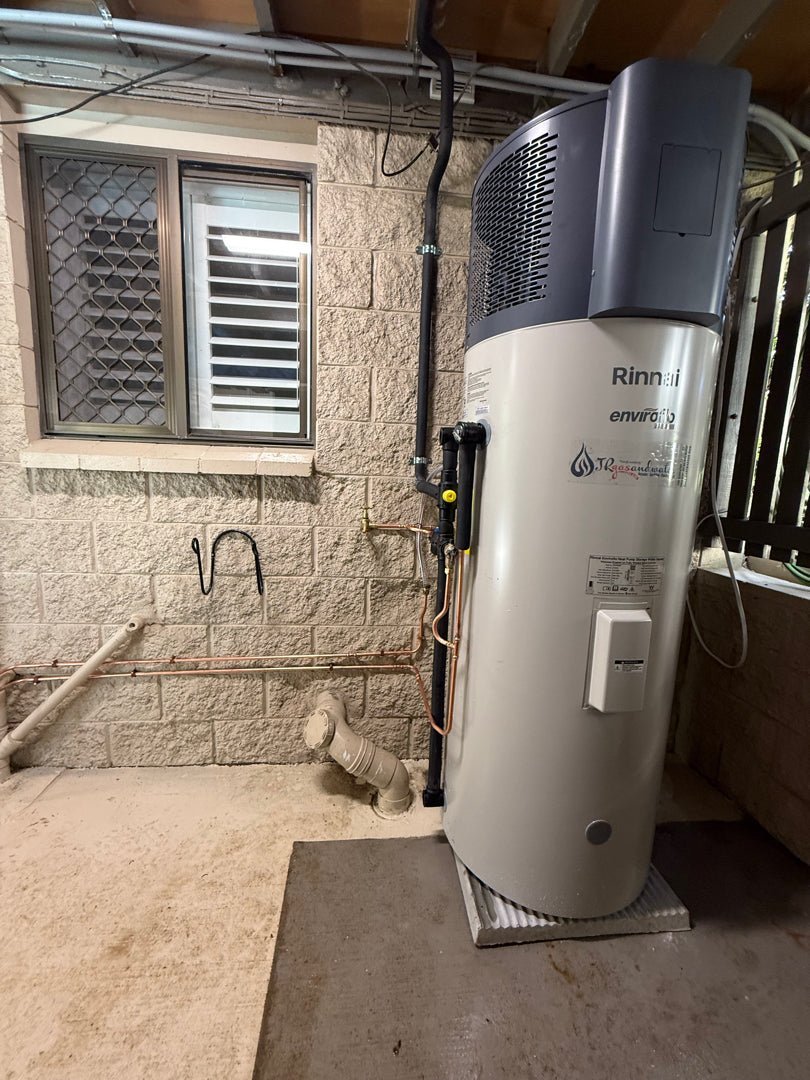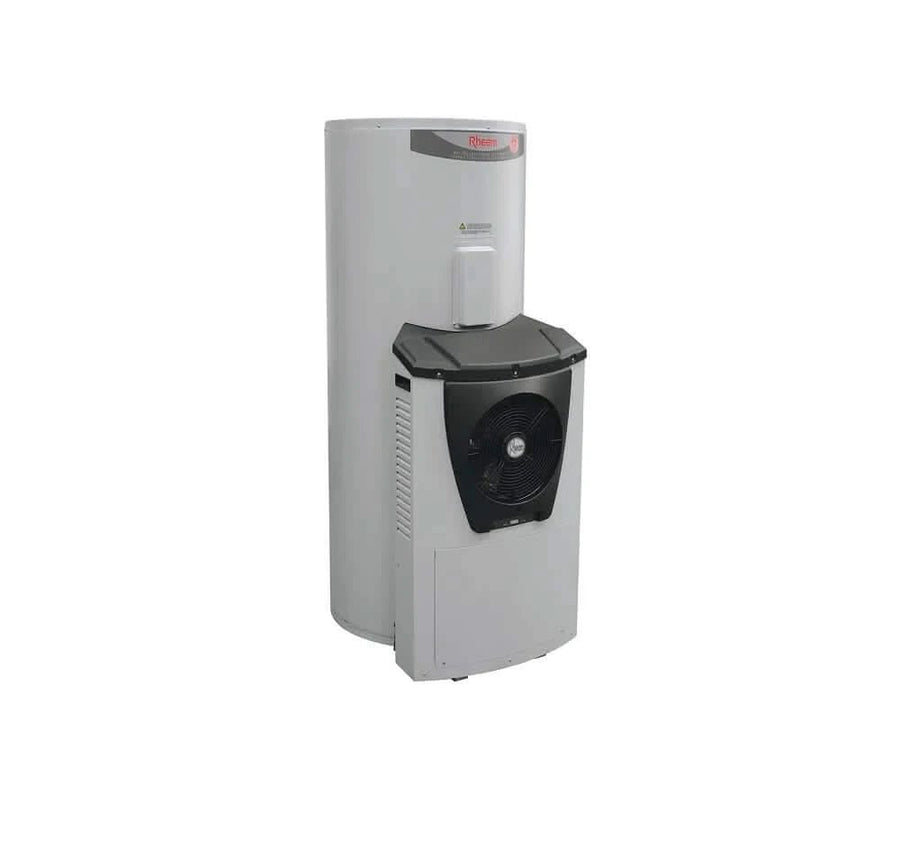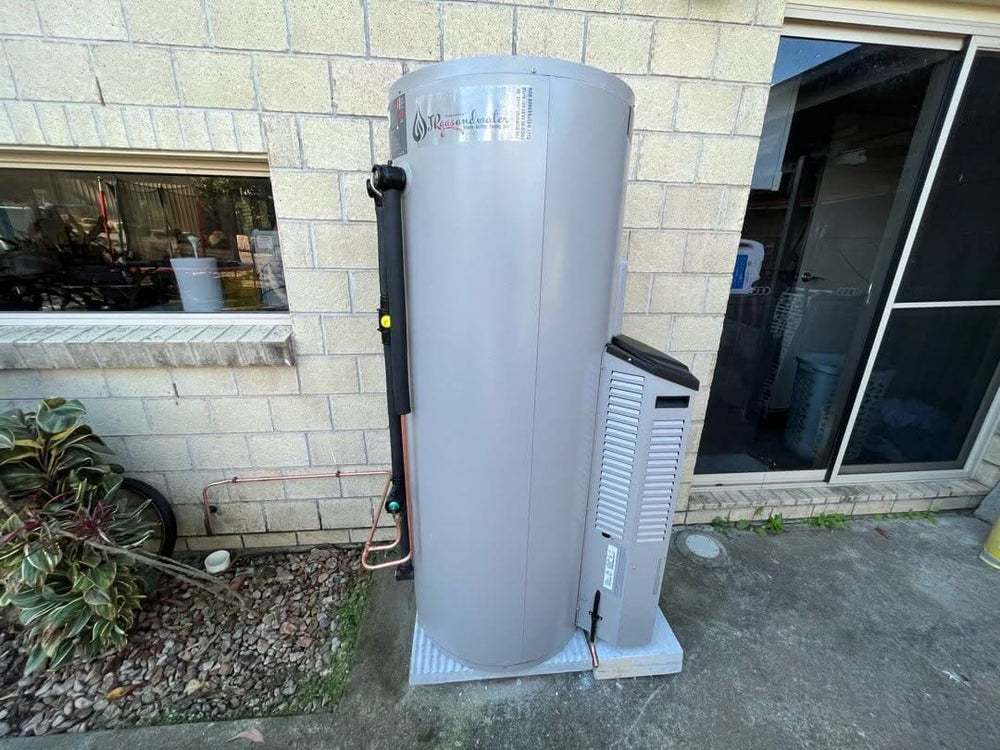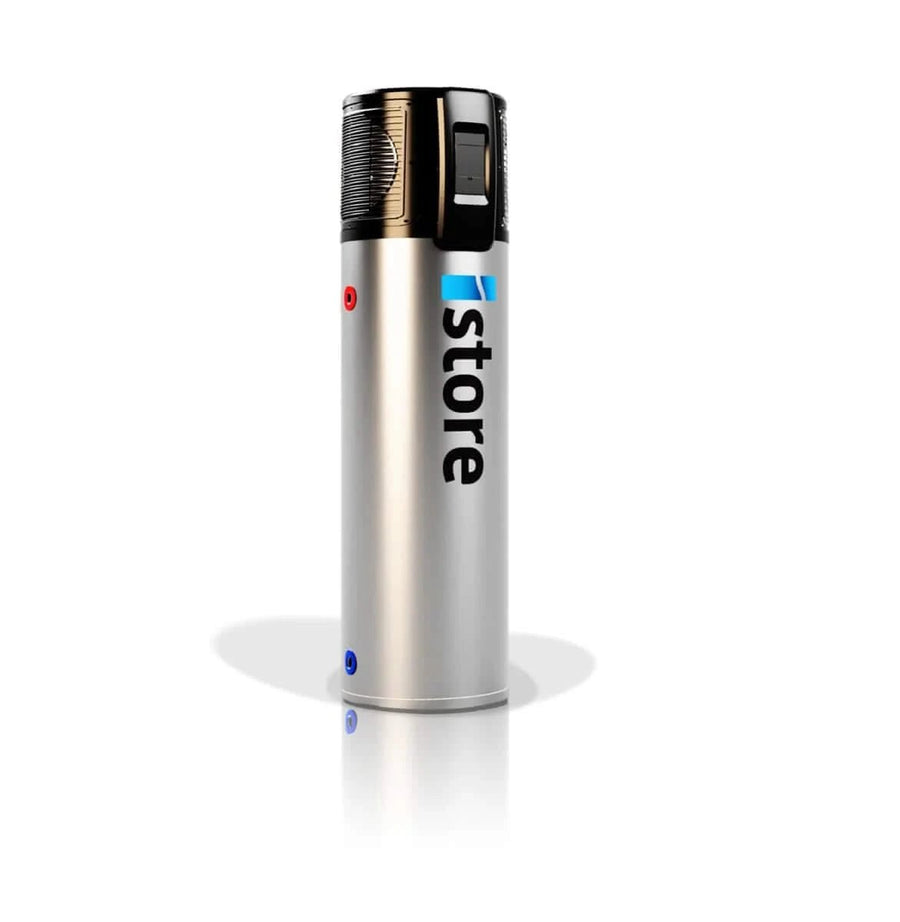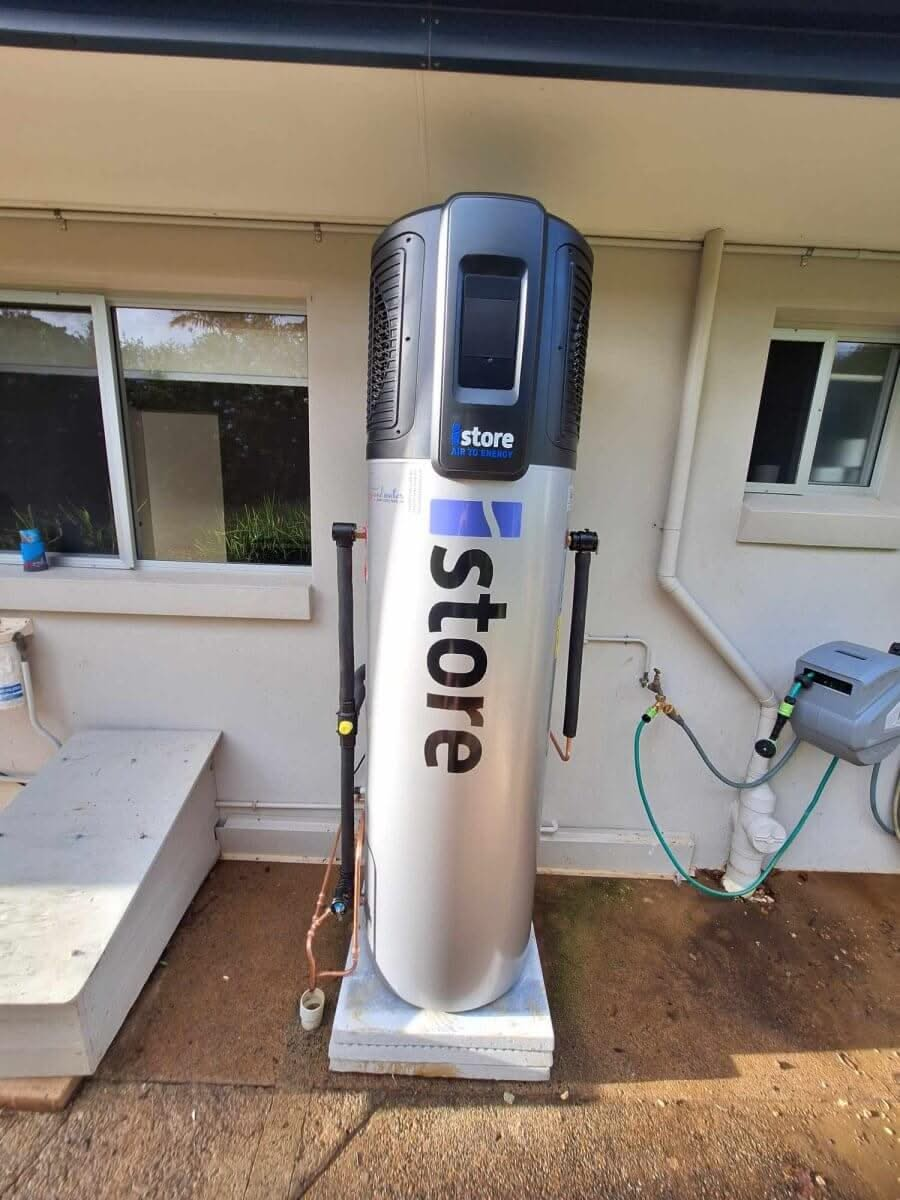Top Hot Water Heater Systems: A Comprehensive Guide
When choosing a hot water heater systems, it’s crucial to understand the different types, costs, and efficiencies. This guide explores various systems like electric, gas, solar, and heat pumps, helping you find the best fit for your home.
Key Takeaways
-
Hot water heater systems are classified into storage and continuous flow types, each with varying efficiency and environmental impacts, making careful selection critical.
-
Energy-efficient options like heat pump and solar hot water systems can significantly lower energy costs and greenhouse gas emissions, supported by government incentives.
-
Regular maintenance and professional installation are essential for maximizing the efficiency and lifespan of hot water systems, ensuring both safety and optimal performance.
Types of Hot Water Heater Systems
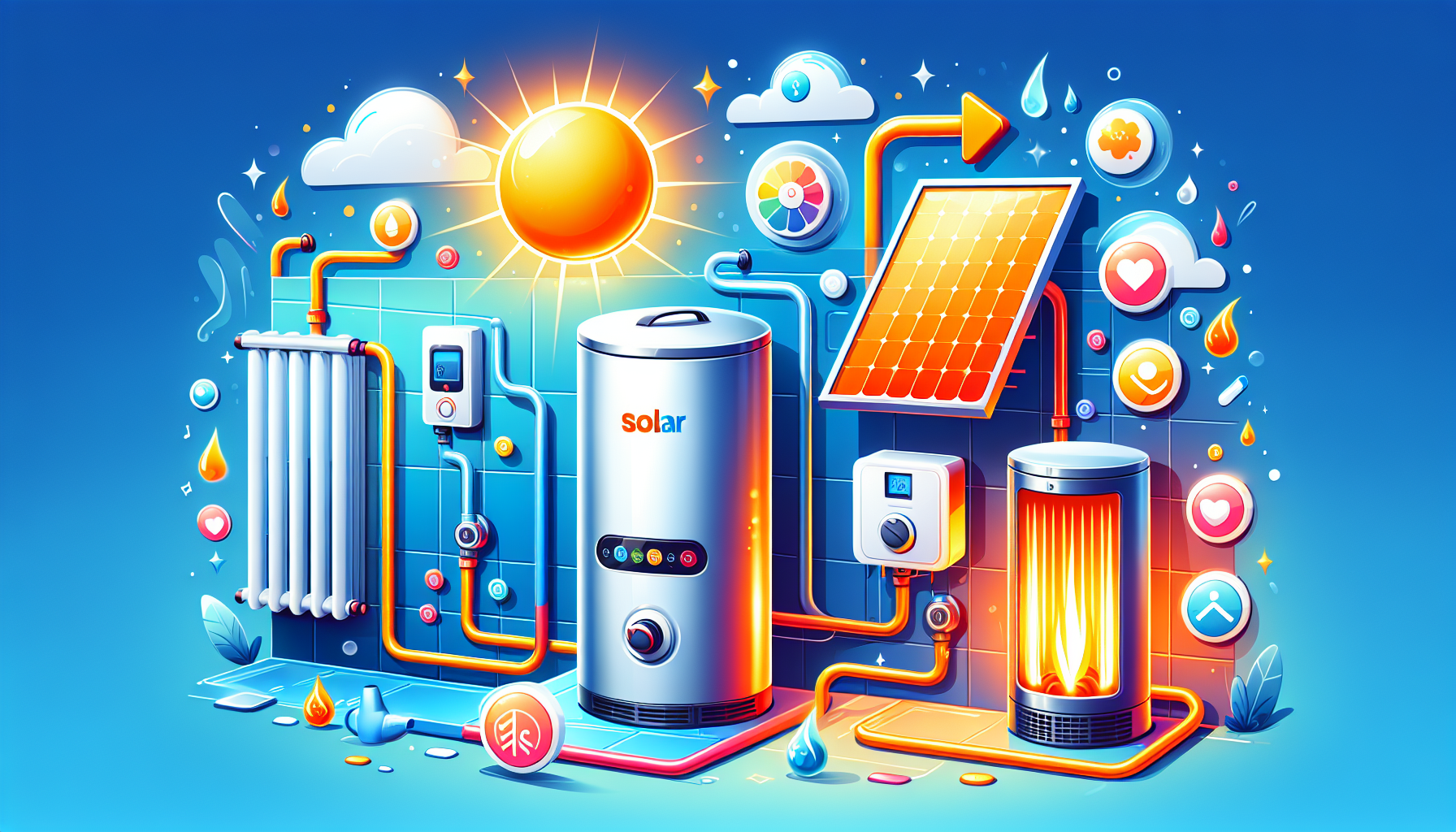
Hot water systems can be broadly categorized into storage and continuous flow types, each utilizing various energy sources like gas hot water systems, electricity, and solar. These systems play a significant role in household energy consumption and carbon emissions, making the choice of system not only a matter of convenience but also environmental responsibility.
With emerging technologies focusing on enhancing energy efficiency, convenience, and sustainability, understanding the types of hot water heater systems can help you make informed decisions that balance efficiency, cost, and environmental considerations.
Electric Storage Water Heaters
Electric storage hot water heaters are a popular choice due to their affordability and simplicity. These systems heat water using an element located at the bottom of the tank, keeping the water at a consistent temperature within an insulated storage tank. While they are cheaper to buy and install than other models, their operating costs can be higher unless you use off-peak tariffs or solar PV panels to offset the costs.
Before:
However, around 30% of energy can be lost as heat from these systems due to tank and pipe heat losses. To minimize this, you can wrap the tank with an insulation blanket and keep hot water pipes short. Existing users of electric hot water systems might also consider upgrading to more efficient heat pump options.
After:
To minimize energy loss from hot water systems, consider the following:
-
Wrap the tank with an insulation blanket.
-
Keep hot water pipes short.
-
Upgrade to more efficient heat pump options if you are an existing user of electric hot water systems.
Gas Storage Systems
Gas storage systems are known for their efficiency and quicker heat recovery times compared to electric systems. These systems heat water more rapidly and typically have smaller tanks, making them ideal for larger households that require more hot water supply. While natural gas is generally more convenient and cheaper to operate than electricity, the initial costs for gas systems can be higher.
Liquefied petroleum gas (LPG) systems share similar features with natural gas systems but can be significantly more expensive to operate. Despite their benefits, gas storage systems can have higher heat losses compared to systems using other energy sources.
Continuous Flow Water Heaters
Continuous flow water heaters, also known as instantaneous water heaters, provide hot water on demand, eliminating the risk of running out during use. These systems can utilize various energy sources, including natural gas, LPG, and electric instantaneous water heaters, heating water instantly via a heat exchanger when the hot tap is turned on.
Continuous flow systems are energy-efficient because they do not store hot water, thereby avoiding heat losses associated with storage tanks. However, a potential limitation is that a continuous flow system that is too small may not keep up with hot water demands during simultaneous use.
Solar Hot Water Systems
Solar hot water systems harness renewable energy from the sun to heat water, significantly reducing energy bills and greenhouse gas emissions. Depending on the climate, a solar hot water system can provide up to 90% of a household’s hot water needs, making them one of the most efficient and cost-effective options available.
They often require an electric booster to provide a consistent hot water supply, especially during periods of low sunlight. Properly designed and operated boosters enhance efficiency, and outdoor storage tanks in cooler climates need to be well-maintained to avoid frost damage and heat losses.
Heat Pump Hot Water Systems
Heat pump hot water systems are among the most energy-efficient options available. They operate by extracting heat from the surrounding air to heat water efficiently using a refrigerant cycle. These systems can achieve a heat output efficiency of more than four units of heat for every unit of electrical energy consumed, making them highly cost-effective.
Heat pump systems are particularly suitable in areas lacking direct sunlight, offering a viable alternative to traditional solar water heaters. Their efficiency and reduced energy costs make them a recommended replacement for traditional electric or gas systems.
Choosing the Right Hot Water System
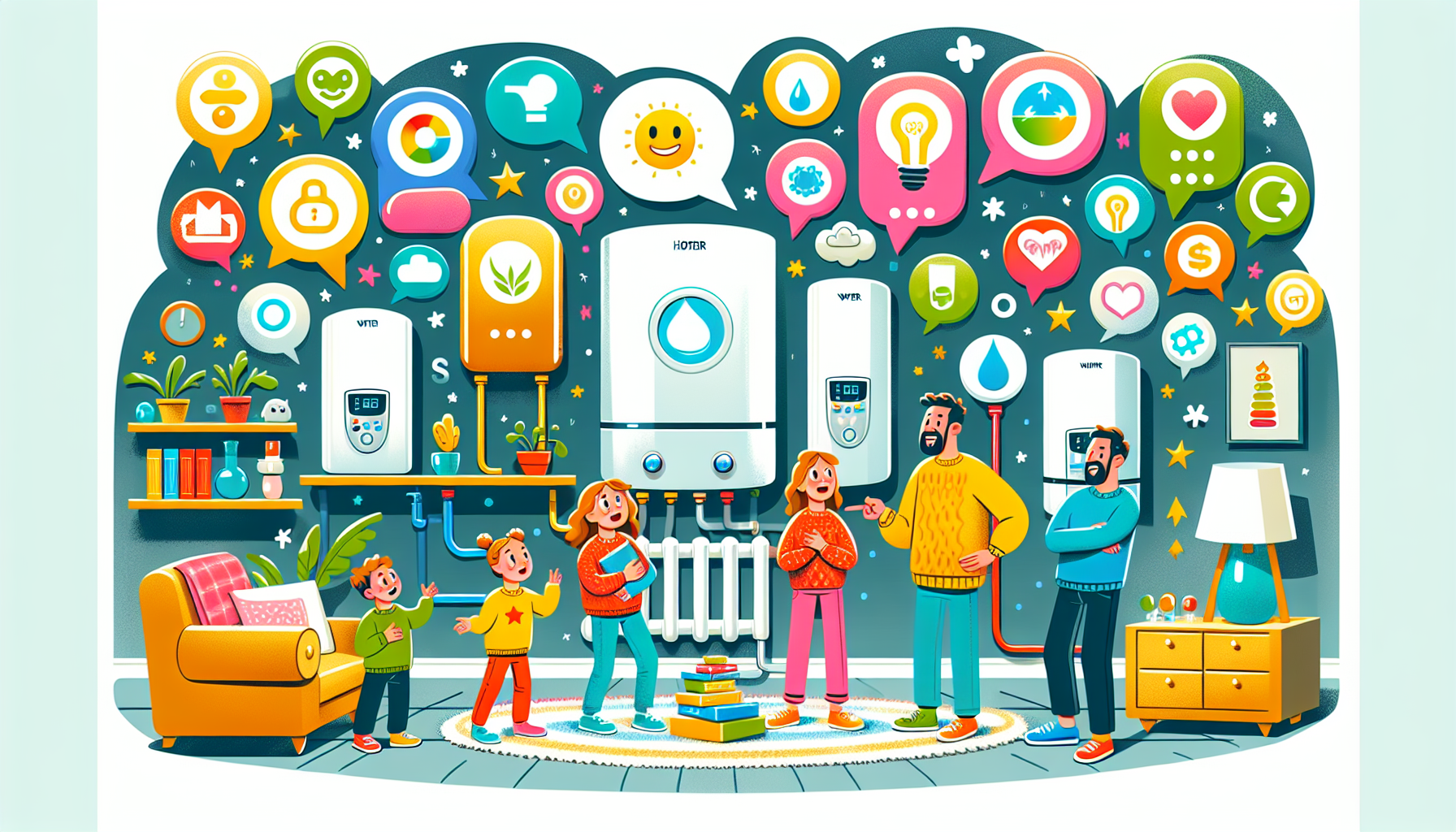
Selecting the right hot water system depends on various factors including household size, water usage, energy efficiency, and budget considerations. Researching your options ensures an adequate supply, saves money, and reduces emissions.
Before your current hot water system fails, review your hot water usage and check alternatives.
Assessing Household Size and Water Usage
Assessing your household size and daily hot water usage is crucial for determining the appropriate system size. Consider factors such as the number of people and their lifestyle habits to estimate hot water needs accurately.
Consulting with a hot water supplier can provide tailored recommendations based on your specific hot water usage.
Energy Efficiency Ratings
Energy efficiency plays a crucial role when selecting a hot water system. Regulations restrict new electric storage systems in many homes due to their greenhouse gas intensity. Heat pumps, for instance, use around a third of the energy compared to electric storage systems, making them a more efficient choice.
Solar and heat pump models are encouraged by federal and state schemes for their energy efficiency, offering substantial environmental benefits.
Budget Considerations
Budget considerations are critical when selecting a hot water system. While electric hot water systems are the cheapest to buy, they are the most expensive to run, whereas solar hot water systems have higher initial costs but significantly lower running costs.
Evaluating initial costs against long-term savings is crucial, and government incentives such as Small-scale Technology Certificates (STCs) and state-based rebates can help offset installation costs.
Installation and Maintenance
Proper installation and ongoing maintenance are essential for ensuring the efficiency and longevity of hot water systems. Australian Hot Water provides supply, installation, and maintenance services for various systems, ensuring compliance with local building codes and safety regulations.
Professional Installation Services
Professional installation is crucial to ensure the efficiency and safety of hot water systems. 1st Choice Group offers a wide range of services, including installation, warranty repairs, and general maintenance, with highly skilled technicians boasting over 40 years of experience.
Contact InstalledToday for professional installation services.
Regular Maintenance Tips
Regular maintenance can significantly enhance the efficiency and lifespan of hot water systems. Practices such as cleaning air filters in heat pump systems, inspecting and replacing the anode rod, and flushing hot water tanks to eliminate sediment buildup are essential.
Repairing leaks conserves water and prevents waste.
Emergency Repairs
Contact professional services for timely resolution of emergency repairs. Rheem offers a 24/7 emergency maintenance and repair service for hot water systems, ensuring quick restoration of your hot water supply.
Contact JR Gas and Water for emergency repairs.
Environmental Impact and Savings
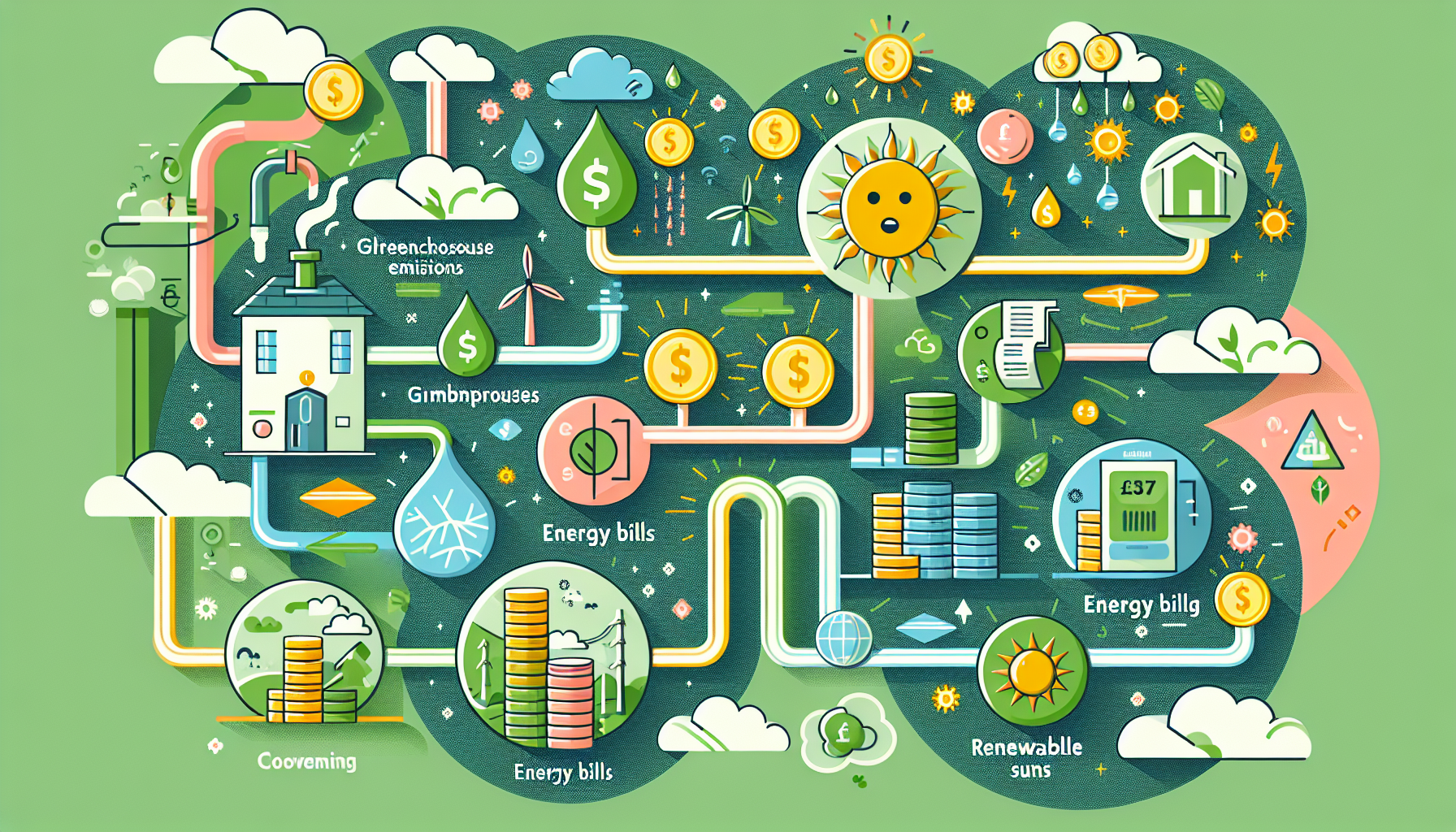
Hot water systems have a significant impact on the environment and household energy bills. Integrating solar energy with hot water systems promotes sustainable living and can significantly reduce energy costs.
Smart hot water systems allow for optimized energy use, especially in households with solar panels, potentially saving around $1,000 annually.
Reducing Greenhouse Gas Emissions
Energy-efficient hot water systems reduce energy consumption and help lower greenhouse gas emissions. Heat pump systems are among the lowest emitters of greenhouse gases, making them a desirable choice.
Electricity sourced from solar photovoltaic systems can make heat pumps virtually free of greenhouse gas emissions.
Saving Energy and Water
Reducing hot water use can lead to lower energy bills and decreased greenhouse gas emissions. Simple measures like taking shorter showers, using a shower timer, and repairing leaking hot water taps can significantly reduce water usage and energy consumption.
Continuous flow water heaters provide hot water on demand, reducing energy loss associated with storage tanks.
Safety Considerations
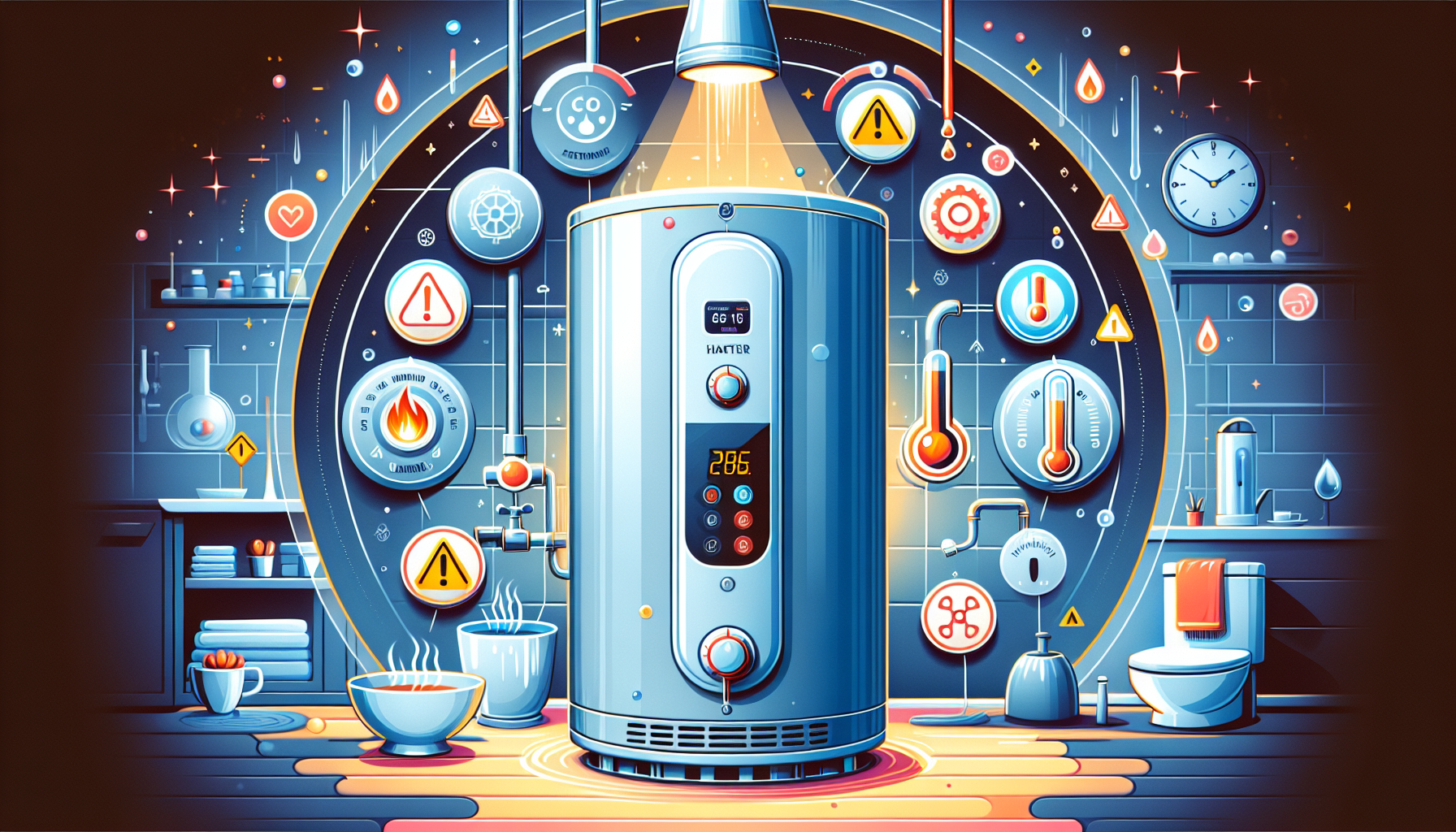
Safety is paramount when using hot water systems. The risk of scalding is particularly high with tap water, especially in bathrooms where temperatures can be dangerously high.
Adhering to safety measures and regulations helps ensure the safe and efficient operation of hot water systems.
Temperature Control
Regulating water temperature prevents burns and ensures safety. Water temperatures above 50°C can cause burns within seconds, so set continuous flow hot water systems to no more than 50°C. The recommended delivery temperature to prevent hot water burns is 50°C, while the bathing temperature for young children should be 37-38°C to avoid scalding.
Prevent bacteria growth by heating water to a minimum of 60°C for at least 35 minutes, especially after a holiday. This practice helps maintain water quality and prevent health risks.
Installing Tempering Valves
Tempering and thermostatic mixing valves manage hot water delivery temperatures safely by blending hot water with cold to achieve a safe, consistent temperature, preventing scalding injuries.
The mandated hot water delivery temperature limit for facilities like early childhood centres is set at 45°C, underscoring the importance of tempering valves in protecting vulnerable users.
Government Incentives and Rebates
Government incentives and rebates play a significant role in encouraging homeowners to invest in energy-efficient hot water systems. These schemes are designed to reduce greenhouse gas emissions and promote sustainable living by offsetting the initial costs of installation.
Federal and State Programs
The Small-scale Renewable Energy Scheme is a major federal initiative that provides financial assistance for installing solar and heat pump hot water systems. State-specific programs, such as Victoria’s Solar Homes Program, offer up to $1000 in rebates for eligible heat pump or solar hot water systems.
In South Australia, incentives are available for replacing gas and wood-burning appliances with electric or solar options, making these upgrades more accessible.
How to Apply
Applying for government incentives typically involves visiting the federal government’s energy rebate website to find available rebates for hot water systems. Consult experts at companies like Rheem for more information and assistance with the application process.
Future Trends in Hot Water Systems
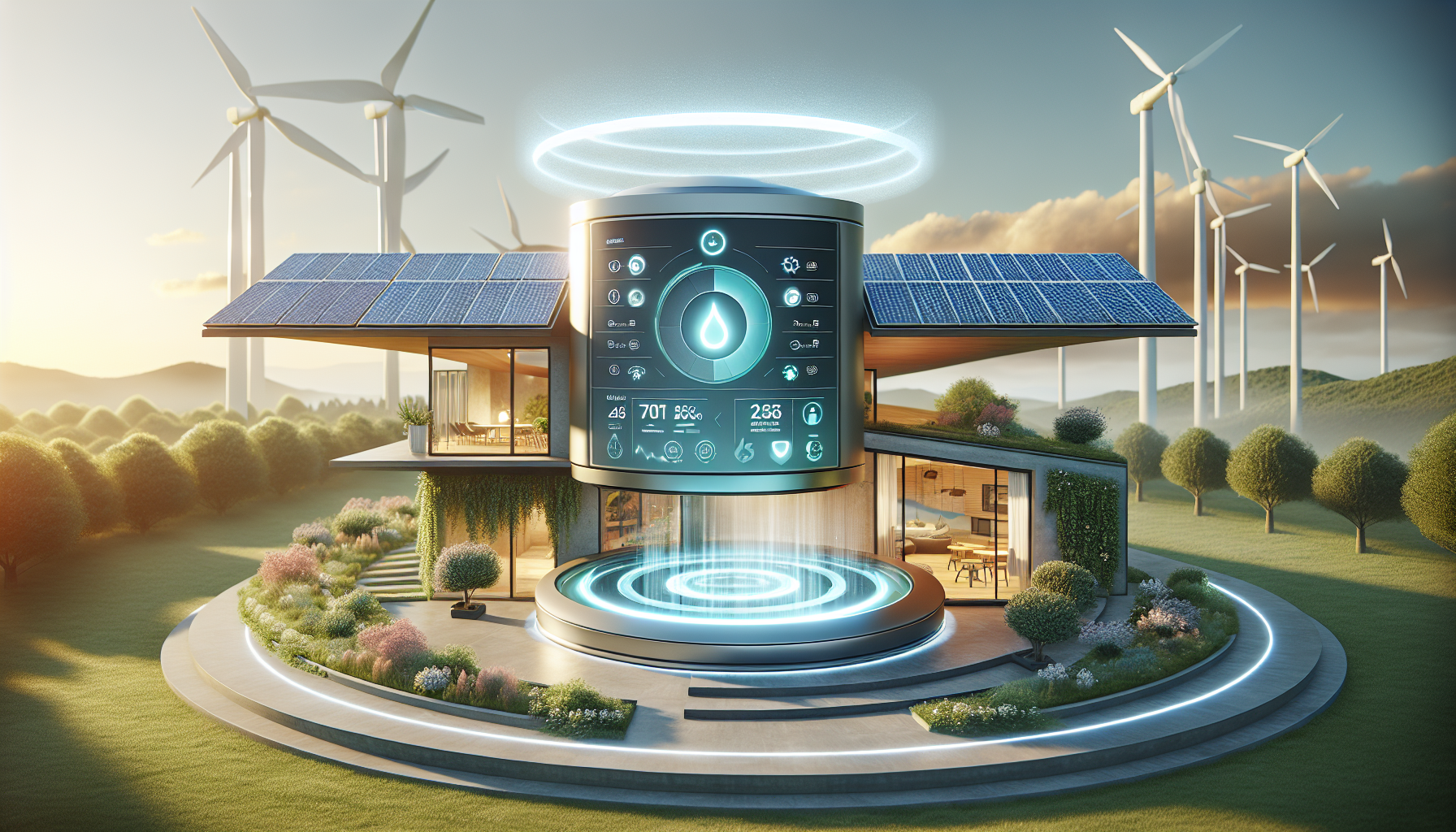
The future of hot water systems is geared towards sustainability and efficiency, with emerging trends focusing on renewable energy and smart technology. Decentralized hot water systems, which use multiple smaller units, are becoming popular for improving efficiency and reducing energy loss during water transport.
Smart Hot Water Systems
Smart hot water systems integrate with home automation, offering enhanced control and efficiency. These systems can be controlled remotely through smartphones or voice commands, allowing homeowners to optimize energy usage based on their routines.
Some smart water heaters incorporate learning algorithms to adjust heating schedules according to user patterns, enhancing both efficiency and convenience.
Renewable Energy Integration
Integrating renewable energy sources like solar panels into hot water systems significantly reduces reliance on conventional energy sources and lowers carbon footprints. Hybrid water heaters that combine heat pump technology with traditional systems offer a balance of efficiency and reliability, adaptable to varying temperatures.
This integration promotes sustainable living and energy efficiency.
Summary
In summary, selecting the right hot water system involves understanding the different types available, assessing your household’s needs, and considering factors such as energy efficiency and budget. From electric and gas storage systems to continuous flow, solar, and heat pump options, each system has its unique benefits and potential drawbacks. Proper installation and regular maintenance are crucial for ensuring efficiency and longevity.
Environmental impact and savings are significant considerations, with energy-efficient systems helping to reduce greenhouse gas emissions and lower energy bills. Safety measures, including temperature control and the use of tempering valves, are essential for preventing accidents and ensuring safe operation.
Government incentives and rebates can provide financial support, making it easier to invest in sustainable hot water solutions. Looking ahead, trends in smart technology and renewable energy integration are set to shape the future of hot water systems, offering more efficient and eco-friendly options. Equipped with this knowledge, you are now ready to make an informed decision that best suits your household’s needs.
Frequently Asked Questions
What are the main types of hot water systems?
The main types of hot water systems are electric storage water heaters, gas storage systems, continuous flow water heaters, solar hot water systems, and heat pump hot water systems. Each type offers different benefits to suit various needs and preferences.
How do I determine the right size for my hot water system?
To determine the right size for your hot water system, assess your household size and daily hot water usage based on the number of occupants and their lifestyles. Consulting with a hot water supplier can also help you find a tailored solution.
What are the benefits of solar hot water systems?
Solar hot water systems significantly lower energy bills and greenhouse gas emissions, providing up to 90% of your hot water needs depending on the climate. This makes them a highly efficient and cost-effective choice for sustainable living.
Why is regular maintenance important for hot water systems?
Regular maintenance is crucial for hot water systems as it improves efficiency and extends their lifespan. Routine tasks like cleaning, inspection, and repairs ensure optimal performance and prevent costly issues.
What government incentives are available for installing energy-efficient hot water systems?
You can take advantage of numerous federal and state programs that provide financial assistance for installing energy-efficient hot water systems, including tax credits, rebates, and grants to help reduce your installation costs.






